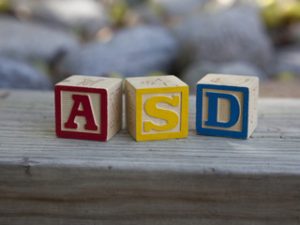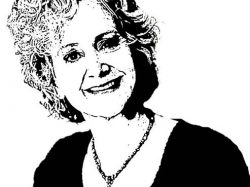“Ask Cathy… An Open Dialogue with a Mother and Special Needs Architect”
Q: I have a 13-year-old in public school. She has developmental and physical disabilities. I feel she struggles with anxiety but I’m not finding any program that supports her for Psychiatry. Can you help me to understand how I might find support? Each time I take her to a psychiatrist, I am having to private pay.
A: I’m going to assume that your daughter has an Individualized Education Plan (IEP) that provides her modifications and support services within her public school. Please understand that this IEP can also identify the need for psychiatric and counseling services so that you do not have to pay out-of-pocket. This may be a service that you need to fight for, but it will be worth it for your daughter in the long term. I would advise that you seek a letter from your daughter’s general physician stating that in their professional opinion the child needs counseling and psychiatric services. If necessary, you can have a neuropsychological evaluation completed by a major hospital specializing in children with challenges. This kind of document can give the ammunition needed to alter an IEP.
Q: I have a son in middle school with developmental disabilities. His diagnosis includes autism spectrum disorder. Can you tell me when I should start working on his adult services?
A: If anyone tells you that you don’t need to worry about it until he is 17 and transitioning, don’t listen to them. The time to start understanding the adult programs in your state and how the state agencies prioritize day and residential services right now. Funded access to residential services varies drastically across the country. Residential waitlists can be shockingly long and access to them can be difficult. As your child maneuvers through adolescence and young adulthood, it is imperative that you make sure all agencies supporting him keep thorough reports. It is also important for you to begin working on independence skills. Never assume that your child isn’t capable of doing almost everything. Give him a chance. He may not do it to your standards, so don’t expect this of him. The simple fact that he accomplishes something independently is cause for celebration!
A closing story by Cathy: I was attending a Special Olympics event this weekend with my 24-year-old son on the autism spectrum and my family. My son was competing in the bocce ball tournament. I was delighted to see Naval Academy midshipmen participating as volunteers with the large group of individuals playing games. What I came to realize is that so many people never have the wonderful opportunity to engage with our kids. While we personally and intimately may experience various levels of exhaustion or frustration, we also have the great opportunity of experiencing incredible joy and humor. In that vein, one of my son’s young friends at the tournament decided that I was “one hot mama” and that my husband was no longer needed. At 57, you can imagine how flattered I was!
READ WEB VERSION Found in Autism File Magazine, Issue 74, June-July 2017


